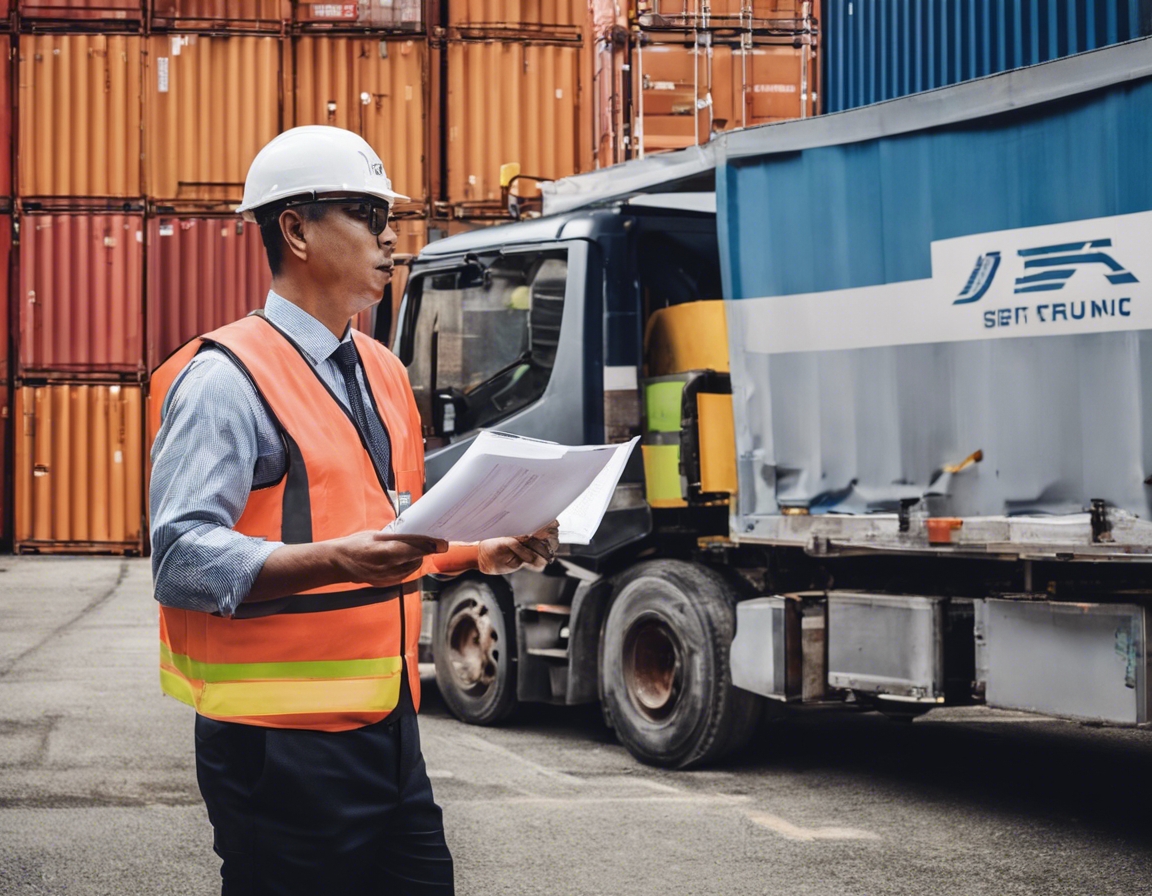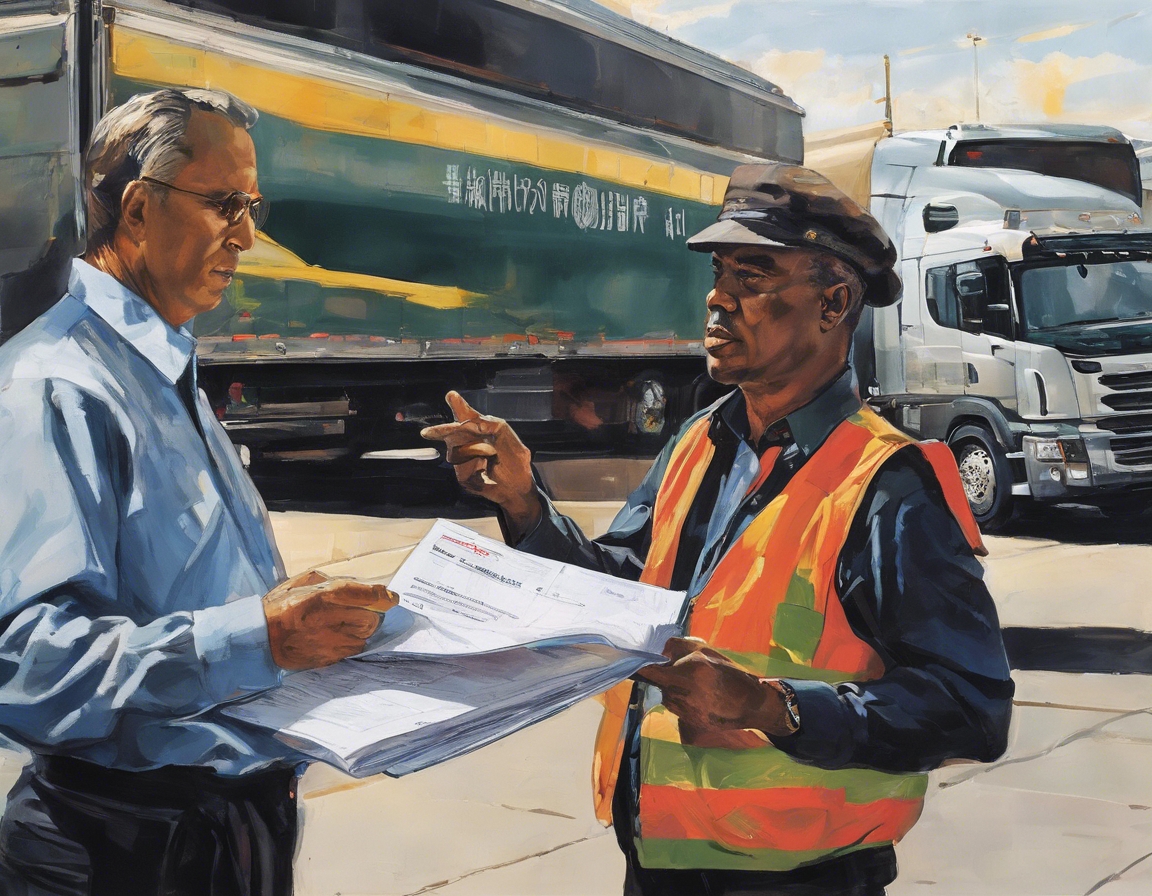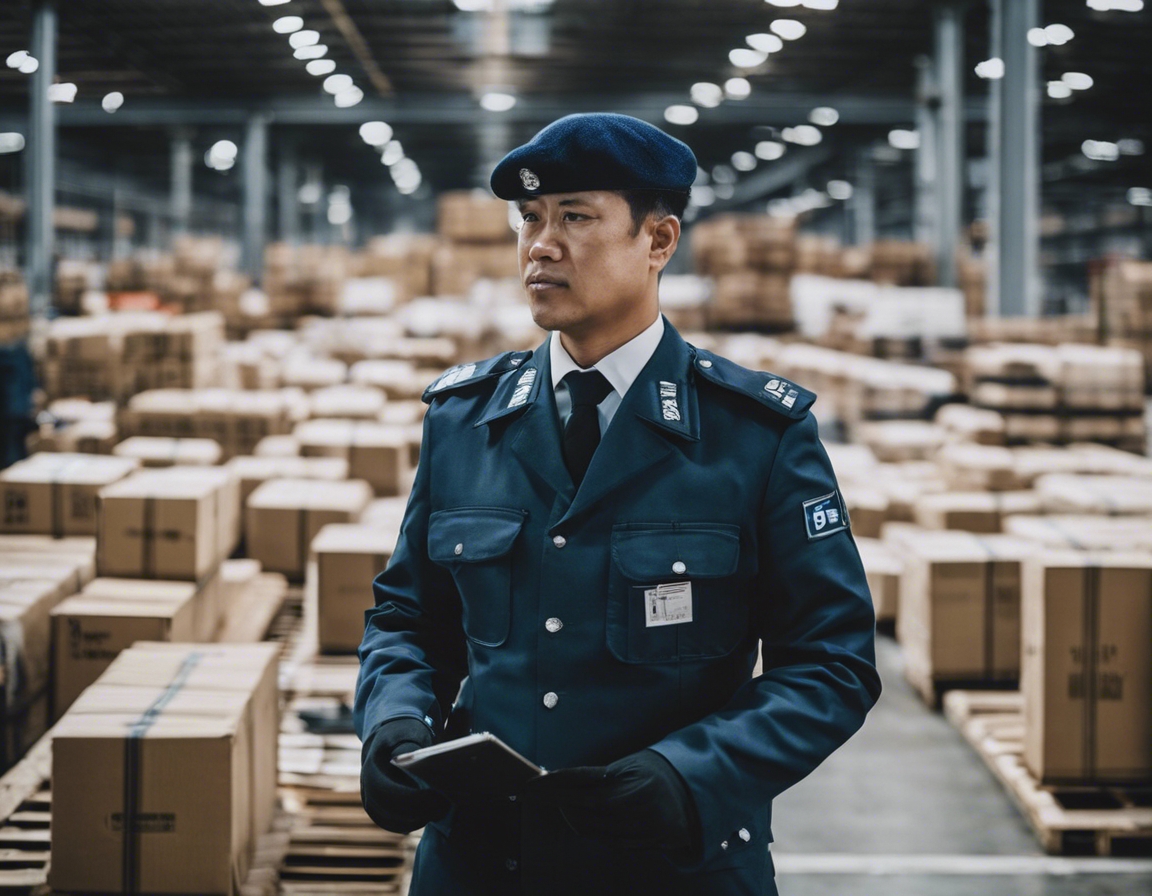5 tips for efficient customs clearance of imports
Customs clearance is a mandatory process for importing goods into any country. It involves the preparation and submission of documentation required to facilitate export or imports into the country, representing the client during customs examination, assessment, payment of duty, and co-taking delivery of cargo from customs after clearance along with documents.
Understanding the Importance of Accurate Documentation
One of the most critical steps in ensuring efficient customs clearance is to prepare all necessary documentation well in advance of your shipment's arrival. This includes commercial invoices, packing lists, bills of lading, certificates of origin, and any other documents required by the destination country.
Errors in documentation can lead to delays, fines, or even seizure of your goods. Double-check all details, including product descriptions, harmonized system (HS) codes, and the value of goods, to ensure accuracy.
Navigating Customs Regulations and Compliance
Customs regulations can change frequently, and it's essential to stay up-to-date to avoid non-compliance. Regularly check for updates from official sources or subscribe to updates from a trusted customs broker.
Proper classification of goods using the correct HS codes is crucial for determining duty rates and ensuring compliance with trade agreements. Misclassification can result in penalties and delays.
Leveraging Technology for Streamlined Processes
Customs management software can help streamline the clearance process by automating document preparation, submission, and tracking. It can also help in maintaining records and analyzing data for future shipments.
Partnering with a Reliable Customs Broker
Working with a reputable customs broker like AUTOLADU OÜ can significantly ease the customs clearance process. They have the expertise and knowledge to handle all aspects of customs clearance, ensuring a smooth and efficient process.
Continuous Improvement and Education
Investing in continuous education and staying informed about best practices in customs clearance can pay off in the long run. Attend workshops, webinars, and courses to keep your knowledge current.






Comments (0)